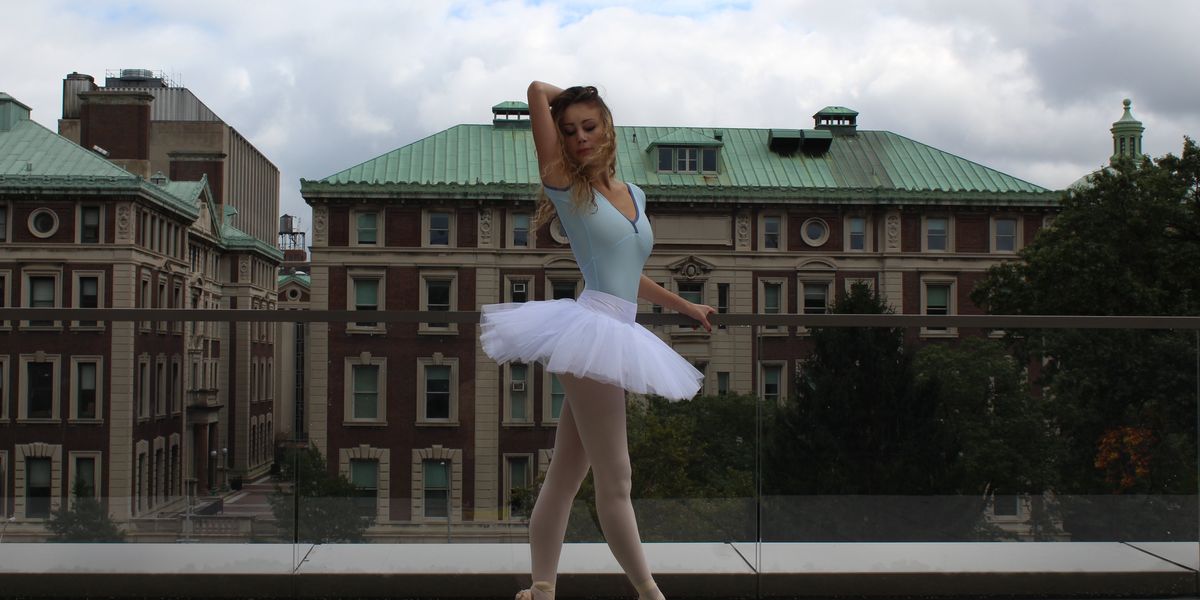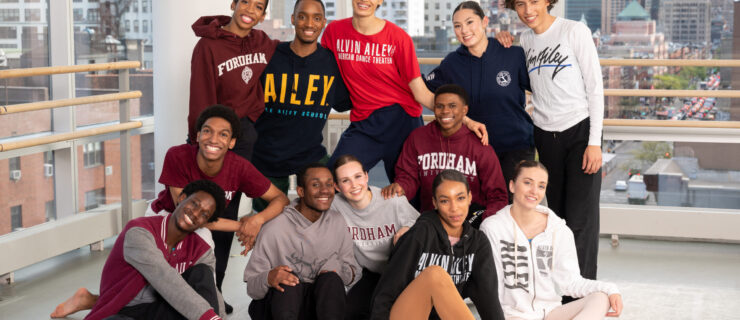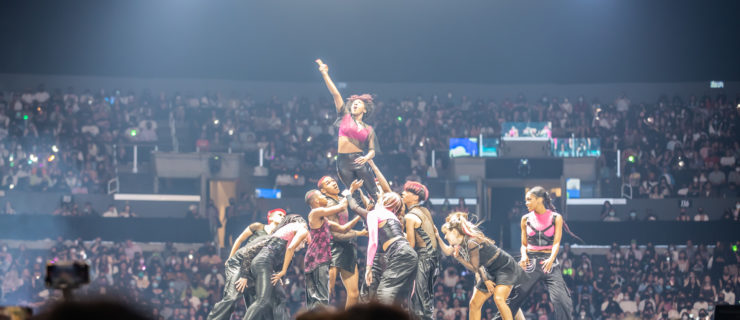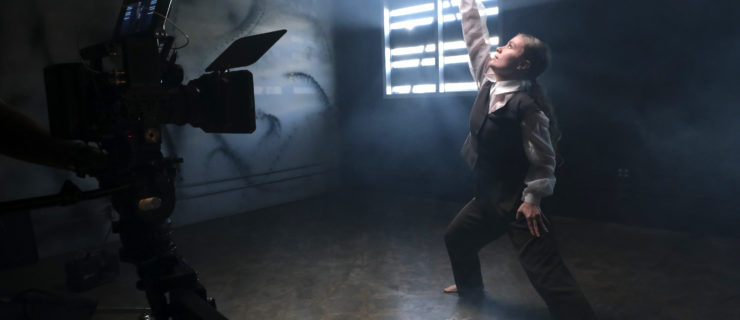I Chose College Instead of Jumping into a Dance Career. Here's Why.
Where do I go next?
It’s a simple question so many dancers face as they approach high school graduation. Yet it’s also a decision that takes a whole lot of time, introspection, and fortitude to make.
When I was a wide-eyed little girl, ballet was pure, ethereal magic. The control and strength of these dancers seemed to defy physics—they took my breath away. From the costumes, to the movement, to the storylines, to the masterful classical compositions, I fell in love with ballet.
But what 11-year-old me realized after her first classes is that ballet is, to put it mildly, very difficult. It took immense determination on a daily basis to push through the soreness, constant criticism, and exhaustion from training every night after school. I had to give up a lot of high school “normalcy”; I was never able to go to school dances, football games, or parties, or stay home during the summers. Instead, while my peers were doing all of these things, I had to train.
But I wasn’t deterred. On the contrary: I had a dream, and I chased it.
At 15, I moved away from home to study 40 hours per week in NYC at the Ellison Ballet professional training program. By then, I’d become completely consumed by ballet. There were many points where I had felt like I was missing out on all other aspects of teenage life. But whenever I stepped out onto a stage—including the Lincoln Center stages where I was lucky to perform—every worry disappeared. It was just me and that moment.
My senior year of high school was a whirlwind. Should I audition for ballet companies? Should I take a traineeship or job with a second company? Should I go to college for dance? Should I go to college for something else and dance recreationally? I was torn. I kept thinking to myself, “Yes, you want to dance, but what else can you be? What else do YOU want to be?” Those questions weren’t going to go away until they were answered. I had to step back and envision what different paths would lead to in the long term.
 Oliver Endahl/Ballet Zaida, courtesy McEvoy-Melo
Oliver Endahl/Ballet Zaida, courtesy McEvoy-Melo
Beyond ballet, I loved to learn—I believe the discipline and persistence that we’re taught from a young age as dancers translates to many other aspects of our lives. With a potential future career in scientific research or healthcare in mind, I applied to a few colleges.
While waiting for admission decisions, I was filled with doubts. I didn’t want to miss out on the “college experience” the way I’d missed out on classic high school experiences. I didn’t want to disappoint my parents and myself by not going to college. But I also didn’t want to miss out on the opportunity to reach my full potential as a dancer.
Then I got into Columbia University. Columbia offered me the best of both worlds: I’d be able to dance every day with instructors from the top ranks of American Ballet Theatre and New York City Ballet while simultaneously studying neuroscience at a highly regarded research university.
I came to college a shy young woman. On campus, I grew into myself. The highs, the lows, the mistakes, and the lessons I’ve learned over the past four years have not only helped me evolve as a person, but also made me a stronger dancer and performer.
Don’t get me wrong: Maintaining your strength and technique while you’re a full-time academic student is taxing. It’s an endless cycle of waking up early, heading to ballet, going from class to class, running to late night rehearsal, and then hitting the library. I had to figure out how to balance my academic commitments with my development as an artist, not to mention my social life. But in college, ballet class became cathartic for me. It was the designated few hours each day where I could quiet my mind, and allow myself to be swept up in movement and expression.
What I’ve grown to understand is that life is a progression, and whatever your circumstances, you can figure out a way to achieve your goals. Don’t be quick to judge when your dream college only has two dance levels instead of the six you’re accustomed to. Don’t quit when your director promotes your friend and you’re left in the same rank for another year. Give it a chance when you’re told that contemporary dance suits your talents better than ballet. Know that it’s OK to move on from dance when you’re ready to pursue other passions.
College didn’t compromise my ability to be able to dance professionally. Instead, it gave me the tools I needed to determine what I wanted in my next chapter. It also taught me that big decisions don’t have to be scary. Making difficult choices makes you a stronger person.
Now, as college graduation approaches, I’m facing the next big question: Should I take a gap year or two to dance in a company? Or should I go to graduate school straight away? I feel blessed to even be considering these options. And I’m forever grateful for the role dance has played, and continues to play, in my life.




